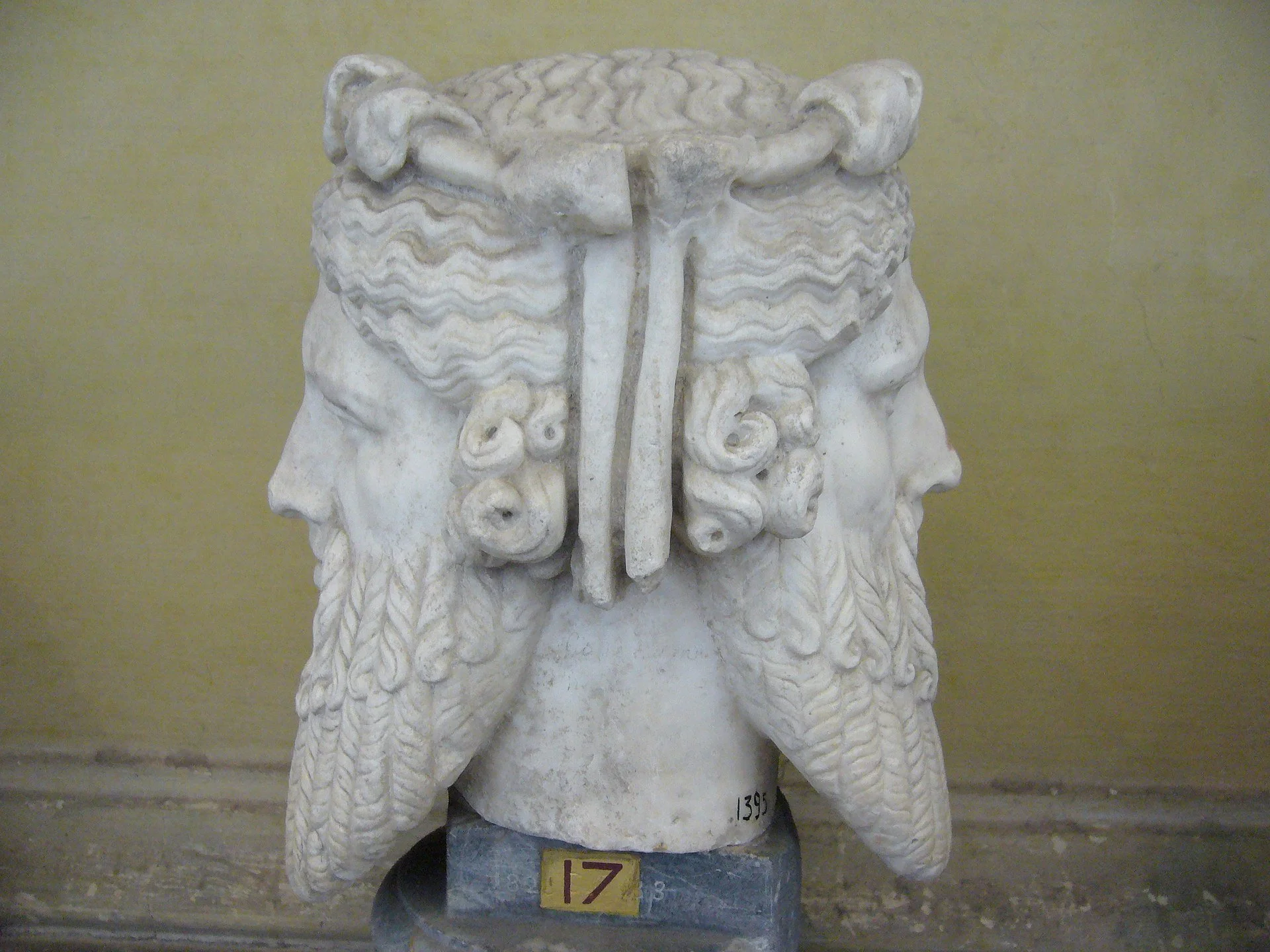Ushering in 2022: A New Year's Eve Meditation
A part of me is defiant. Why should I bother to mark an artificial time point in an artificial creation - the Gregorian calendar? Isn’t celebrating the turning-of-the-wheel-of-time at the solstices and equinoxes a better, and more cross-cultural measure of time, than an externally imposed, and overtly religious, one?
My soul’s response to the question: Yes. And …
… It doesn’t have to be an either/or. I do honor solstices and equinoxes. That doesn’t have to change. New Year’s eve is just another opportunity to pause… and one that is amplified by cultural consensus.
So, why is this moment important, for me?
For me, I see this moment of the New Year’s Eve, as yet another opportunity to step out of Chronos time - the clock-time that flows non-stop, in even increments of seconds and minutes and hours. And to step instead into another kind of time - Kairos time - a "right, critical or opportune time," or a time when something can be done, or done well. (For a deeper discussion about the different kinds of Time, please read my older blog post, entitled “Befriending Time.”)
As I take a few moments now to step out of the time for doing, I realize that I am sitting in a liminal time - an in-between time - when the old year is not yet dead, and the new year is not yet born. The beloved Jungian author and teacher, James Hollis, describes a moment such as this in his book “What Matters Most: Living a More Considered Life” as:
“Astride of a grave,” Samuel Beckett wrote, “with a forceps,” coming or going, it is a rocketing, ratcheting, bracketing birth/death ride.
As with any other deathbed/birthing room vigil, it is indeed a time to look both backwards, and forwards.
Statue representing Janus Bifrons in the Vatican Museums
And who better to keep us company in this vigil, than the two-faced Roman god, Janus? In ancient Roman religion and myth, Janus (from Latin Iānus, meaning 'arched passage, doorway') is the god of beginnings, gates, transitions, time, duality, doorways, passages, frames, and endings. The month of January is in fact named for Janus (Ianuarius). Interestingly, the ancient Greeks had no equivalent to Janus; he is a purely Roman innovation. I’m not sure if this implies anything specific, but I am reminded that the Gregorian calendar itself is also a Roman innovation!
With the god Janus, we sit on this day (and especially this midnight), keeping a vigil for what is about to die, and what is making its way down the birth canal.
As we look backwards at 2021, may we be filled with gratitude, even as we hold close the bittersweet taste of loss and grief. May we remember that we, who are reading this, are alive - in spite of a worldwide pandemic. That we, for the most part, have our basic needs still provided for. And that we are given so, so much as pure grace - air to breathe, water to drink, sunrises and sunsets every day - with a different shade and hue and color-palate each time - just to frame our days! How can we say we are not blessed, even as we mourn all those - people, beings and things - that we lost during the pandemic?
And as we look forward to 2022, may we pray for peace and reconciliation. May we learn to rise above what separates us from each other. May we look over and beyond our differences in skin color, lifestyles - even the great political divides - and see how we each are trying our level-best to make sense of what seems to make no sense! And may we be kind to each other - the kind of clear-eyed kindness taught by the Dalai Lama and teachers like Thich Nhat Hanh.
May we learn to visit often, and linger more, in the land of yes/and, birth/death, going/coming - as we enter the domain of the god Janus at the stroke of midnight!
